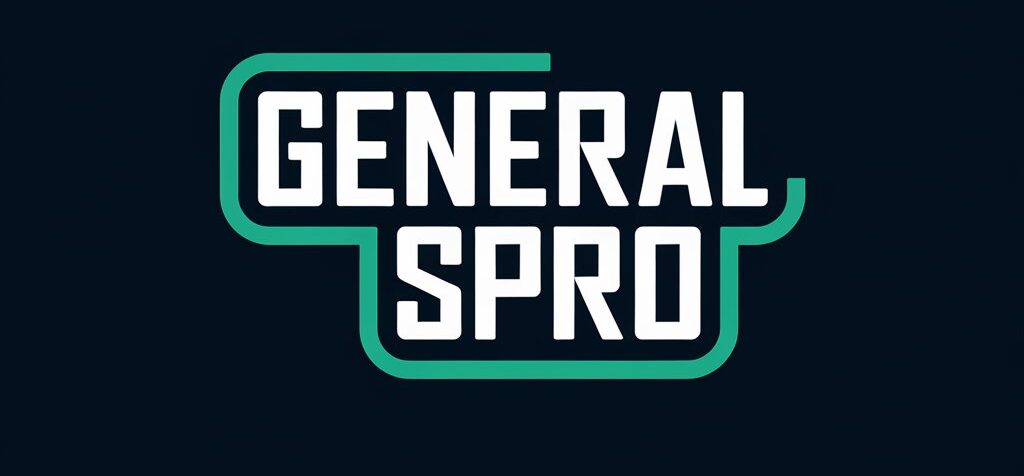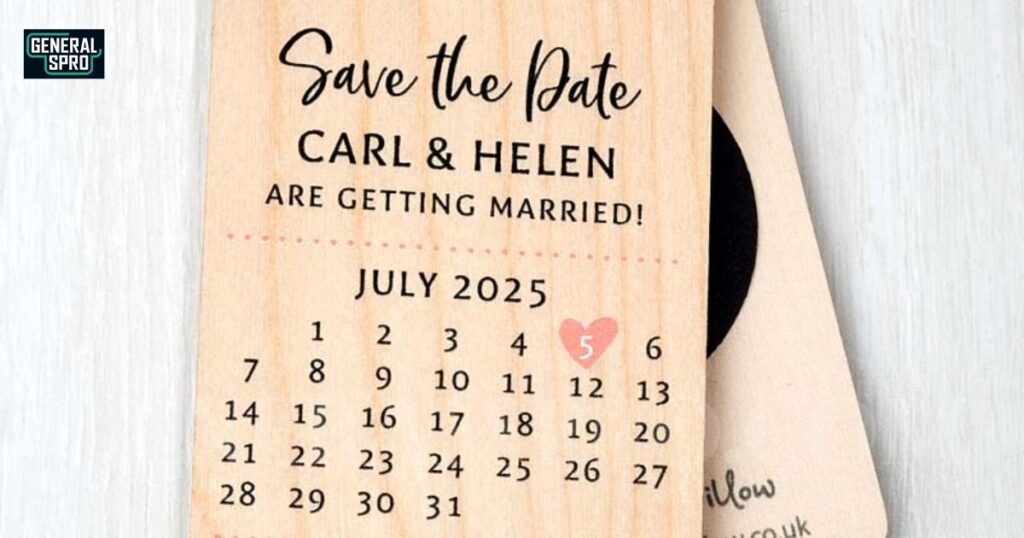Planning a special event requires thoughtful communication from the very start. While “Save the Date” has long been the go-to phrase for early event notifications, today’s hosts are looking for fresh, creative ways to announce their important occasions.
Whether you’re organizing a wedding, corporate gathering, or milestone celebration, the way you announce your event sets the tone for everything that follows.
What is a “Save the Date” notice?
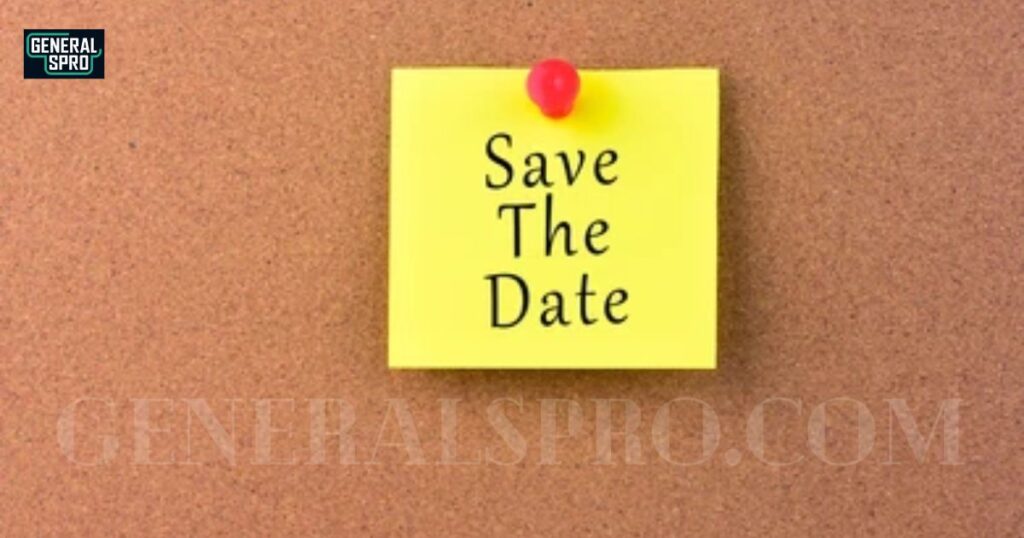
A Save the Date notice serves as your event’s first official announcement, giving guests advance notice to plan accordingly.
These pre-invitation announcements emerged in the mid-20th century as families became more geographically dispersed and travel planning grew more complex.
Today, they’ve evolved into an essential part of event planning, especially for weddings and major corporate functions.
Modern Save the Date notices do more than just inform – they build anticipation and reflect your event’s personality.
From traditional cards to digital announcements, these early notifications have adapted to changing communication preferences while maintaining their core purpose: ensuring your chosen date stays marked on your guests’ calendars.
Is It Professional to Say “Save The Date”?
The phrase “Save the Date” has become widely accepted across both personal and professional contexts. Its versatility lies in its clarity and directness.
However, the formality level can vary depending on your audience and event type.
For corporate events, you might prefer more formal alternatives like “Reserve this date” or “Please hold this date,” while casual gatherings might warrant playful phrases like “Don’t miss out” or “Upcoming celebration alert.”
Mark Your Calendars (Friendly and Informal)
Perfect for office gatherings or casual celebrations, “Mark your calendars” creates a sense of friendly importance.
Example: “Mark your calendars for our annual summer barbecue! Saturday, July 15th promises to be an afternoon of good food and great company.”
Reserve the Date (Formal and Commitment-Oriented)
This alternative works well for professional events and formal occasions. Example: “We respectfully request that you reserve the date of September 20th, 2025, for our annual charitable gala.”
The Importance of Save the Date Notifications
Early event announcements have become increasingly crucial in our busy world. They serve multiple purposes:
Time Management Benefits:
- Allow guests to arrange travel plans
- Help prevent scheduling conflicts
- Enable better budget planning for attendees
- Provide adequate preparation time for all parties involved
Creative Ways to Design Your Save the Date Cards
Modern event announcement trends have revolutionized how we communicate important dates.
Whether choosing traditional stationery or digital solutions, your design should align with your event’s theme while clearly conveying essential information.
Design Elements to Consider:
- Typography choices that reflect your event’s tone
- Color schemes that match your theme
- Interactive elements for digital formats
- Personalized touches that make the announcement memorable
Strategic Event Planning: The Foundation of Success
Event planning requires meticulous attention to detail and strategic foresight. The foundation of any successful event lies in its initial planning phase, where organizers must consider everything from venue selection to guest communications.
A well-structured plan serves as your roadmap, helping you navigate potential challenges while ensuring no crucial details are overlooked.
Digital Transformation in Event Announcements
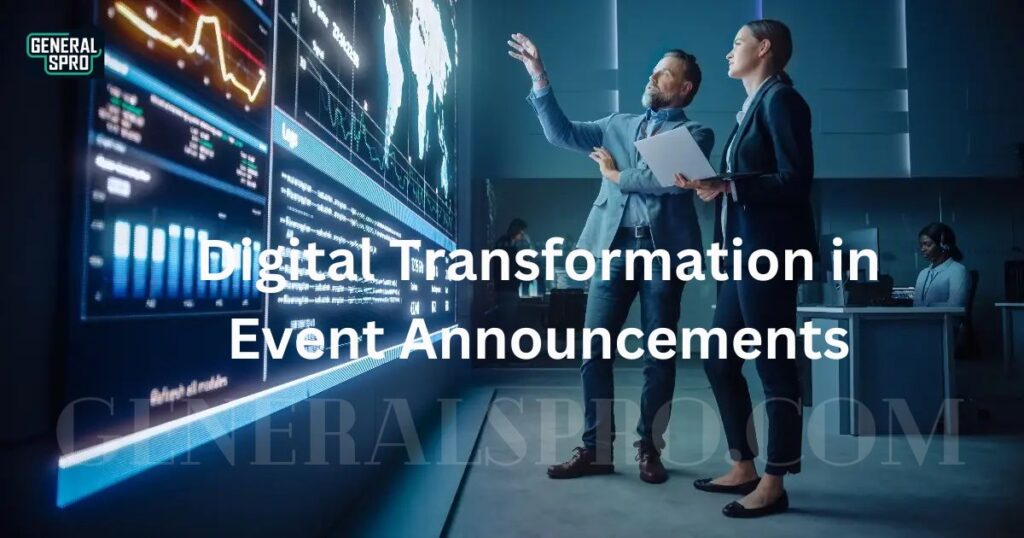
As we embrace the digital age, event announcements have evolved significantly. Today’s event planners leverage multiple digital channels to reach their audience effectively.
From interactive email announcements to social media campaigns, digital platforms offer unprecedented opportunities for creative and engaging event communications.
Personalization: The Key to Memorable Events
Every event tells a unique story, and personalization helps bring that story to life.
Whether it’s a wedding, corporate gathering, or milestone celebration, incorporating personal touches throughout your communication strategy creates a deeper connection with your guests and sets your event apart from others.
Timing Strategies for Maximum Impact
The timing of your event announcements can significantly influence their effectiveness.
Understanding your audience’s scheduling patterns and preferences helps determine the optimal time to send your announcements.
This strategic approach ensures maximum visibility and response rates.
Building Anticipation Through Communication
Creating excitement for your upcoming event requires a carefully crafted communication strategy.
Regular updates, teasers, and engaging content keep your event top-of-mind while building anticipation among your invited guests.
Incorporating Brand Elements in Event Communications
For corporate events, maintaining brand consistency throughout your communications reinforces your organization’s identity.
From color schemes to messaging tone, every element should align with your established brand guidelines while still capturing the event’s unique character.
Technology Integration in Modern Event Planning
Advanced technology tools have revolutionized event planning and communication. From digital RSVPs to event apps, these innovations streamline the planning process while enhancing the guest experience before, during, and after the event.
Sustainability in Event Communications
Environmental consciousness has become increasingly important in event planning. Digital communications reduce paper waste, while eco-friendly printing options provide sustainable solutions for physical announcements when necessary.
Cross-Cultural Considerations in Event Announcements
In our globally connected world, event communications often need to bridge cultural differences.
Understanding and respecting cultural nuances ensures your messages resonate appropriately with diverse audiences.
Data-Driven Decision Making in Event Planning
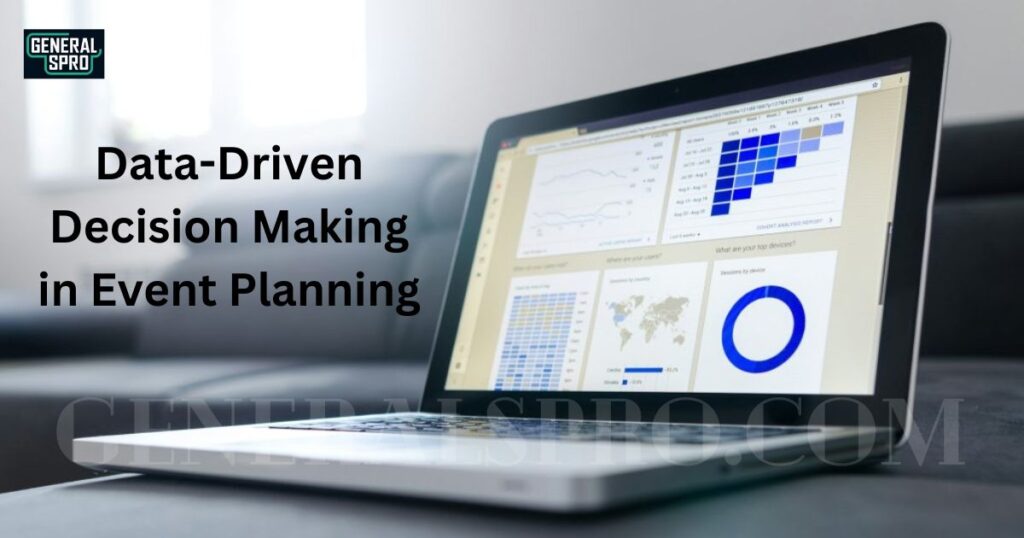
Analytics and data insights help optimize event communications. Tracking response rates, engagement metrics, and guest preferences provides valuable information for improving future event planning strategies.
Crisis Communication Protocols
Having robust contingency plans for unexpected changes or emergencies is essential. Clear communication protocols ensure you can effectively manage and communicate any last-minute adjustments to your event plans.
Budget-Conscious Communication Strategies
Effective event communication doesn’t always require substantial financial investment. Strategic use of available resources and creative approaches can achieve impressive results while maintaining budget constraints.
Leveraging Social Media for Event Promotion
Social media platforms offer powerful tools for event promotion and guest engagement. Creating shareable content and utilizing platform-specific features can significantly expand your event’s reach and impact.
Measuring Event Communication Success
Establishing clear metrics for measuring the success of your event communications helps refine future strategies.
From response rates to engagement levels, these insights drive continuous improvement in your event planning approach.
Future Trends in Event Communications
The landscape of event planning and communication continues to evolve. Staying informed about emerging trends and technologies helps ensure your event planning strategies remain effective and relevant in an ever-changing environment.
Frequently Asked Questions
When is the ideal time to send out Save the Date notifications?
For weddings and major events, send notifications 6-8 months in advance. For destination events, extend this to 8-12 months to allow guests adequate travel planning time.
Do digital Save the Dates require different timing than physical cards?
Digital notifications can be sent on the same timeline as physical cards. However, consider sending a follow-up reminder 2-3 weeks after the initial digital announcement.
Should Save the Date cards match the formal invitation design?
While they don’t need to match exactly, Save the Date cards should complement your formal invitation’s style and tone to maintain consistent event branding.
Is it appropriate to send Save the Dates for corporate events?
Yes, especially for significant corporate gatherings like annual conferences or galas. Send these 3-4 months in advance to ensure strong attendance.
What essential information should be included in a Save the Date?
Include the event date, general location (city/state), hosts’ names, and a note that formal invitations will follow. Website URLs and accommodation details are optional but helpful additions.
How should you handle date changes after sending Save the Dates?
Immediately notify guests through multiple channels (email, phone, physical mail) and provide clear explanation for the change along with the new date information.
Are Save the Dates necessary for smaller, intimate gatherings?
For events with fewer than 30 guests or informal gatherings, a personal phone call or email often suffices instead of formal Save the Date notifications.
Can Save the Dates be sent to a different guest list than formal invitations?
Generally, everyone who receives a Save the Date should receive a formal invitation. Carefully finalize your guest list before sending Save the Dates to avoid awkward situations.
Conclusion
The art of announcing important dates has evolved beyond the traditional “Save the Date” phrase.
Whether you opt for formal language like “Reserve this date” or casual expressions like “Keep this date free,” the key lies in choosing words that match your event’s tone while clearly communicating its importance.
Remember, your announcement sets the stage for your entire event, making it crucial to select the perfect phrase that resonates with your audience and occasion.

